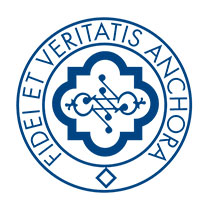Today’s twenty-year-olds will acquire, during their lifetime, books, music and films that are mostly in digital format. Will their children inherit their books and music, as we have had books and records handed down by our parents? It is now common for banking relationships to be exclusively online: in case of sudden death, the heirs, if they do not have access to the deceased’s e-mails, could be completely unaware of the existence of such an account. Similar cases are beginning to arrive on the desks of Italian notaries and have an importance that is not only pecuniary but also human and social.
The legal picture is complicated by the fact that the principal operators of internet services have their headquarters in the US and their conditions of use (that the user accepts) almost always refer to a foreign law and foreign courts: typically California law and the jurisdiction of the courts of Santa Clara in Silicon Valley. The rigidity of this practice is probably diminishing, but one fact remains: the transnational nature of the internet makes any attempt to impose regulations at a national level unrealistic. The most common refrain in cases like this, “we need a new law”, does not appear here to be at all appropriate.
The Italian notariat, which has been addressing this issue for a number of years (the first instructions sent out to Italian notaries on the subject date back to 2007), has set up a working group with Microsoft and Google to develop a protocol that would allow residents of Italy to resolve problems of digital inheritance by interacting in a simple and not too expensive way with the Web operators. An Italian solution could also be a test case at the European level.






